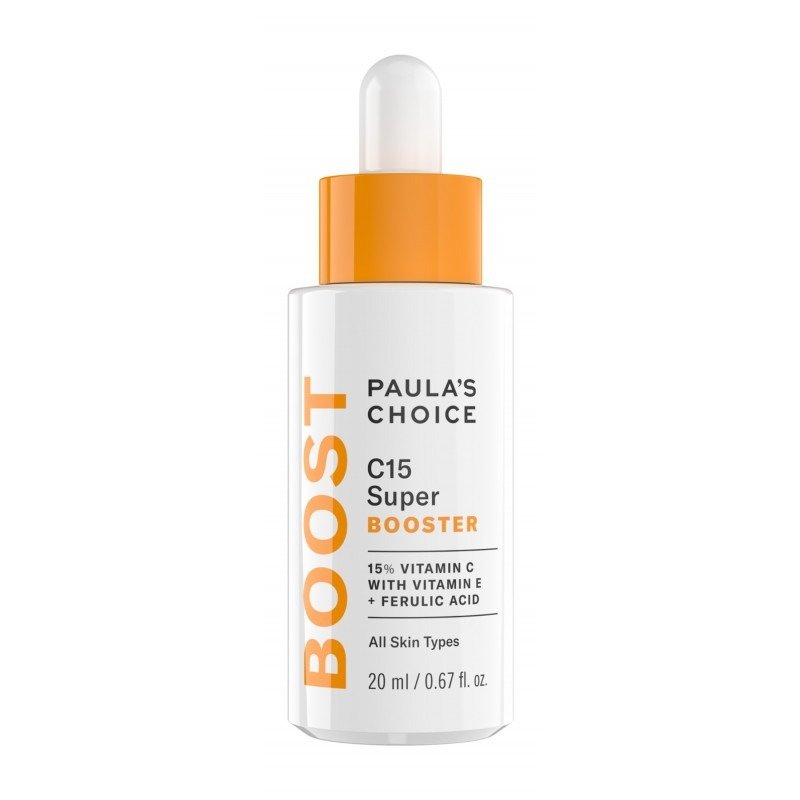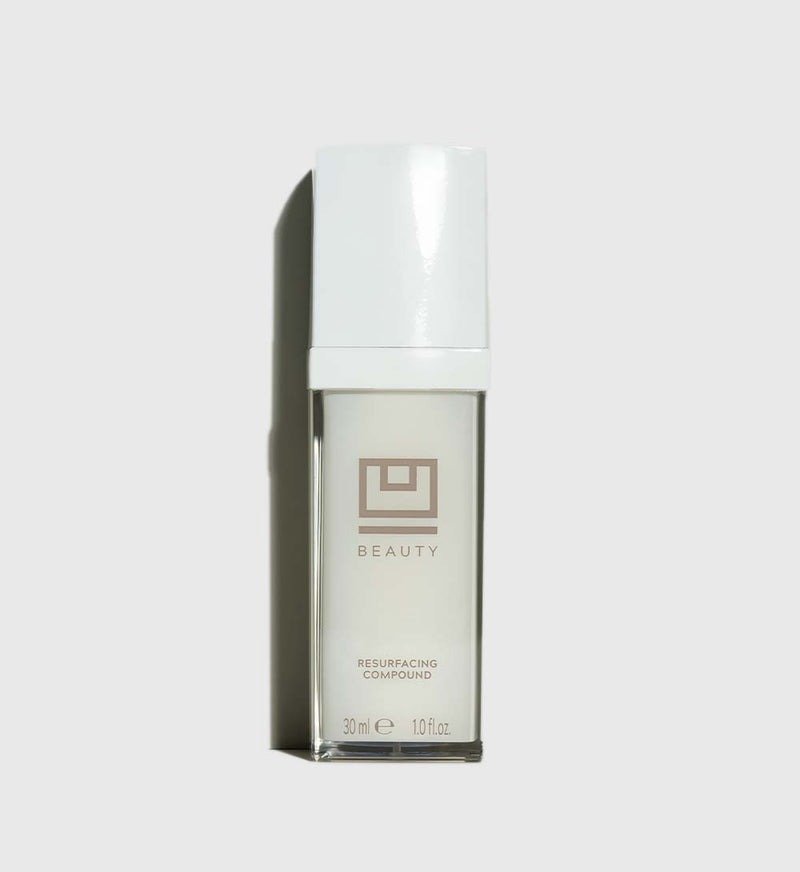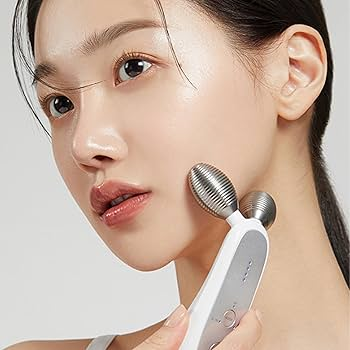Why Vitamin C is Such a Great Skincare Ingredient
Vitamin C is an essential nutrient, but it is also one of the most versatile ingredients in skincare. Vitamin C can be used topically and has a wide range of benefits for skin health. It's antioxidant activity boosts collagen production, helps reduce inflammation and hyperpigmentation, and even protects against environmental damage caused by free radicals. Not only that, but using topical vitamin C products regularly can help give you a glowing complexion.
How to use Vitamin C safely and effectively.
Vitamin C as an Ingredient
When looking at the ingredient list on any product label, you may be surprised to see vitamin C listed as one of the key ingredients. Vitamin C is a powerful antioxidant that offers a range of benefits for skin health and can help reduce signs of aging, hyperpigmentation, and inflammation. It also helps protect against environmental damage caused by free radicals, which are unstable molecules that can damage skin cells and accelerate the aging process.
Vitamin C comes in many forms when added to products. One popular form is l-ascorbic acid (or LAA), which has been shown to be effective when used topically on the skin. Other forms include sodium ascorbyl phosphate (SAP) and magnesium ascorbyl phosphate (MAP). These two forms are less potent than LAA but still offer antioxidant benefits.
Paula's Choice C15 Super Booster with L-Ascorbic Acid
This concentrated booster with 15% pure vitamin C dramatically brightens uneven skin while improving the appearance of wrinkles and fine lines.
Reveals a more radiant complexion
Vitamin C visibly brightens skin
Feather-light, liquid formula absorbs quickly
Use alone or add to your moisturizer or serum
How Does Topical Vitamin C Help?
The use of topical vitamin C helps to boost collagen production, which is important for keeping skin looking youthful and healthy. Collagen helps to keep skin firm, smooth, and elastic, and a lack of it can result in wrinkles and fine lines forming on the surface. By adding vitamin C into your skincare routine, you'll get the added benefit of increased collagen production which will help to soften existing wrinkles as well as prevent new ones from forming.
Vitamin C has also been found to reduce inflammation in the skin. It works by inhibiting enzymes that cause inflammation and hyperpigmentation, while also promoting healing and repair of damaged tissue. This reduces redness, irritation, and discoloration in the skin.
Active vs. Inactive & L-Ascorbic Acid
Vitamin C products are often labeled as either "active" or "inactive." Active vitamin C is usually made up of l-ascorbic acid, while inactive vitamin C contains other forms such as SAP or MAP. L-ascorbic acid has been found to be more effective at penetrating the skin's layers, making it more potent and thus more beneficial for your skincare routine.
U BEAUTY Resurfacing Compound with Sodium Ascorby Phosphate
Described by industry insiders as "the holy grail of skincare," you can expect visibly smoother, tightened, and more revitalized-looking skin within one week of using U BEAUTY's award-winning 'Resurfacing Compound.' Powered by the brand's patent-pending SIREN Capsule Technology™ and formulated with Antioxidants, Vitamins C and E and Retinol, it minimizes pores, brightens dark spots and fades fine lines and wrinkles.
When shopping for a topical vitamin C product, look for one that contains active ingredients such as l-ascorbic acid as they will provide you with the most potent antioxidant benefits. Some popular brands that offer products containing l-ascorbic acid include: SkinCeuticals, La Roche-Posay, Obagi Medical, and Kiehl's. Adding these to your skincare routine can help to reduce signs of aging, hyperpigmentation, and inflammation while also protecting against environmental damage caused by free radicals. With regular use, you'll have a healthier and brighter complexion in no time.
Dr Loretta Anti-Aging Repair Serum with Tetrahexyldecyl Ascorbate
This repairing serum with hyaluronic acid contains deeply penetrating Tetrahexyldecyl Ascorbate (vitamin C), which protects against free-radical damage caused by UVA/UVB and pollution while brightening skin. Lilac stem cells fight free radicals and help control excess oils while two marine algae extracts boost hydration and support the skin's collagen and elastin. It protects against the external factors that contribute to aging, including pollution, light and irritants. After cleansing, apply to your neck, face and the back of your hands. Use morning and night and finish with an SPF in the morning.


















